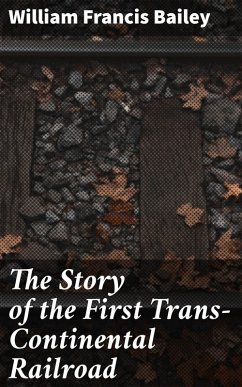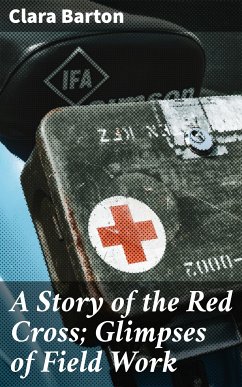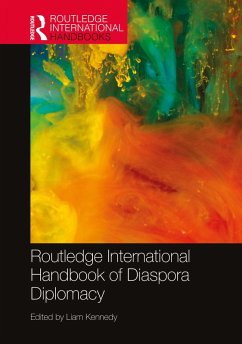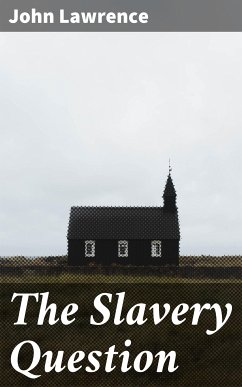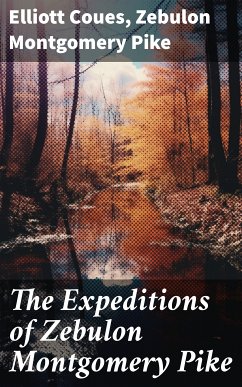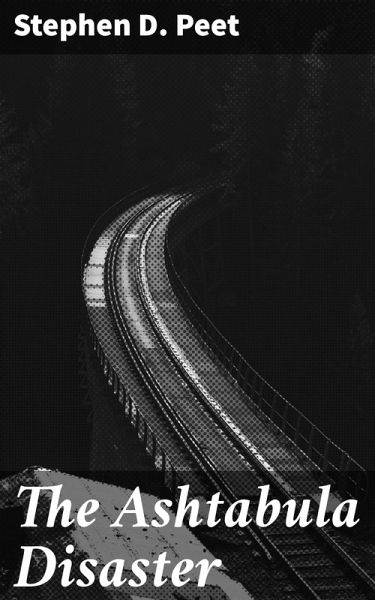
The Ashtabula Disaster (eBook, ePUB)
Enriched edition. Unveiling the Tragic Event of the Ashtabula Train Collapse and Its Impact on American Society
Kommentar: Cross, Vanessa / Redaktion: Good Press
Versandkostenfrei!
Sofort per Download lieferbar
0,49 €
inkl. MwSt.
Weitere Ausgaben:

PAYBACK Punkte
0 °P sammeln!
In "The Ashtabula Disaster," Stephen D. Peet meticulously chronicles the harrowing events surrounding the 1876 train wreck in Ashtabula, Ohio, which claimed the lives of over 100 individuals. Peet employs a gripping narrative style, blending meticulous research with vivid descriptions, thereby illuminating the era's specific technological advancements in rail travel as well as the socio-political climate that rendered such a disaster trifling in public consciousness at the time. The text serves not only as a historical account but also as an exploration of human fallibility, institutional acco...
In "The Ashtabula Disaster," Stephen D. Peet meticulously chronicles the harrowing events surrounding the 1876 train wreck in Ashtabula, Ohio, which claimed the lives of over 100 individuals. Peet employs a gripping narrative style, blending meticulous research with vivid descriptions, thereby illuminating the era's specific technological advancements in rail travel as well as the socio-political climate that rendered such a disaster trifling in public consciousness at the time. The text serves not only as a historical account but also as an exploration of human fallibility, institutional accountability, and the relentless passage of time that shapes collective memory. Stephen D. Peet, a prominent historian with a focus on the industrial revolution and its societal implications, draws upon his extensive background in American history to provide readers with an authoritative perspective on this tragic event. His deep understanding of industrial-era America and its legal frameworks enables him to interweave the narrative with critical analysis, offering insights into the factors that contributed to the disaster as well as its aftermath. "The Ashtabula Disaster" is essential reading for those intrigued by American history, engineering, or the delicate interplay between human endeavors and nature's unpredictability. Peet's evocative prose not only captivates readers but also challenges them to reflect on the lessons of the past as they pertain to contemporary issues of safety and accountability. In this enriched edition, we have carefully created added value for your reading experience: - Hand-picked Memorable Quotes shine a spotlight on moments of literary brilliance. - Interactive footnotes clarify unusual references, historical allusions, and archaic phrases for an effortless, more informed read.
Dieser Download kann aus rechtlichen Gründen nur mit Rechnungsadresse in A, B, BG, CY, CZ, D, DK, EW, E, FIN, F, GR, H, IRL, I, LT, L, LR, M, NL, PL, P, R, S, SLO, SK ausgeliefert werden.




